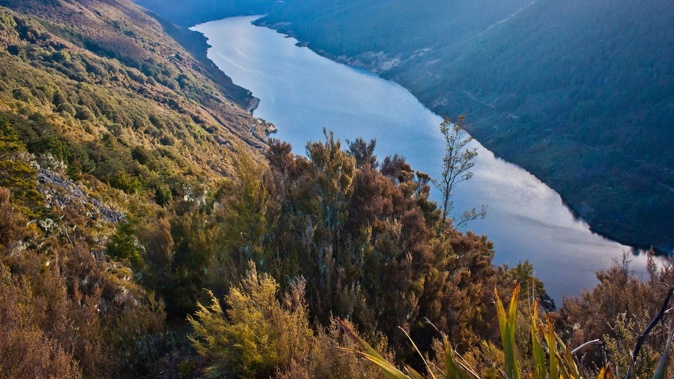
By Peter de Graaf of RNZ
Kiwi geologists have discovered that New Zealand could be billions of years older than previously thought.
New research by Dr Chris Adams, of Dunedin, and Dr Ross Ramsay, of Kerikeri, pours cold water on the notion of New Zealand as a geologically young country by suggesting it has an ancient, rocky core more than 3 billion years old.
Adams was part of a team several years ago which discovered that New Zealand was not in fact a chain of islands, but part of a mostly submerged continent they dubbed Zealandia.
Until now Zealandia was believed to be relatively young - at most a billion years old - but the geologists found grains of the mineral zircon in sandstone near Tākaka they dated to more than three times that age.
Adams said the findings showed Zealandia had a core of “incredibly old” rocks, just like the Earth’s other, better-known continents.
Previously, New Zealand’s oldest known rocks had been found in the Cobb Valley, northwest of Nelson.

Cobb River Valley in Kahurangi National Park, New Zealand.
Dating back about 510 million years, the mix of volcanic rocks, sandstones, limestones and mudstones were known for their fossils of long-extinct marine creatures called trilobites.
The pair’s study homed in on Wangapeka sandstone in the same area, specifically the tiny grains of zircon contained within it.
Zircon is a rare and extremely durable mineral which contains trace amounts of radioactive uranium, which decays into lead over long periods of time.
Because that decay rate is precisely known, zircon can be dated using lasers and an analytical machine called a mass spectrometer.
The geologists found an “astonishingly high proportion”, more than 20 per cent, of zircon grains were more than 2 billion years old.
Some were even dated as far back as 3.65 billion years.
- RNZ
Take your Radio, Podcasts and Music with you









